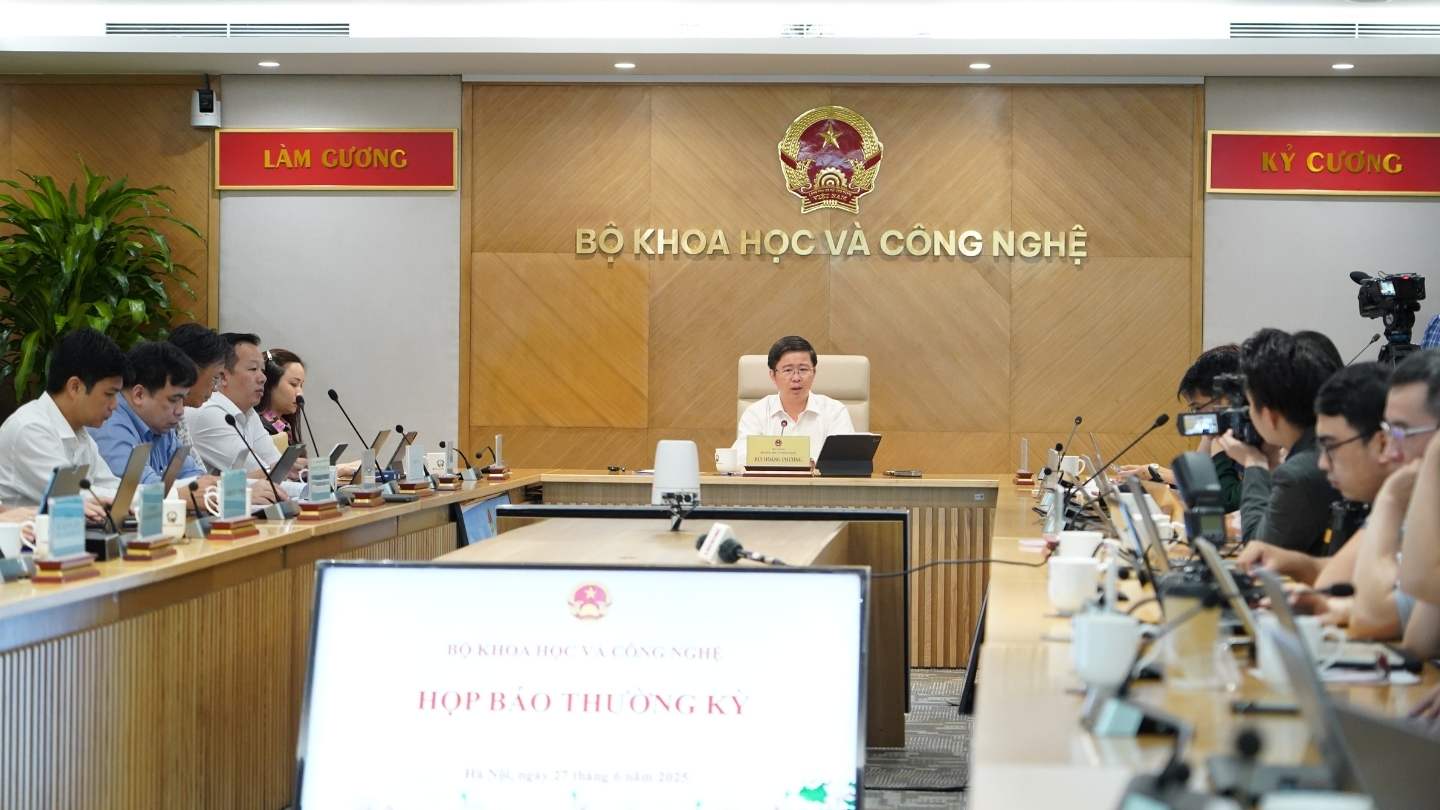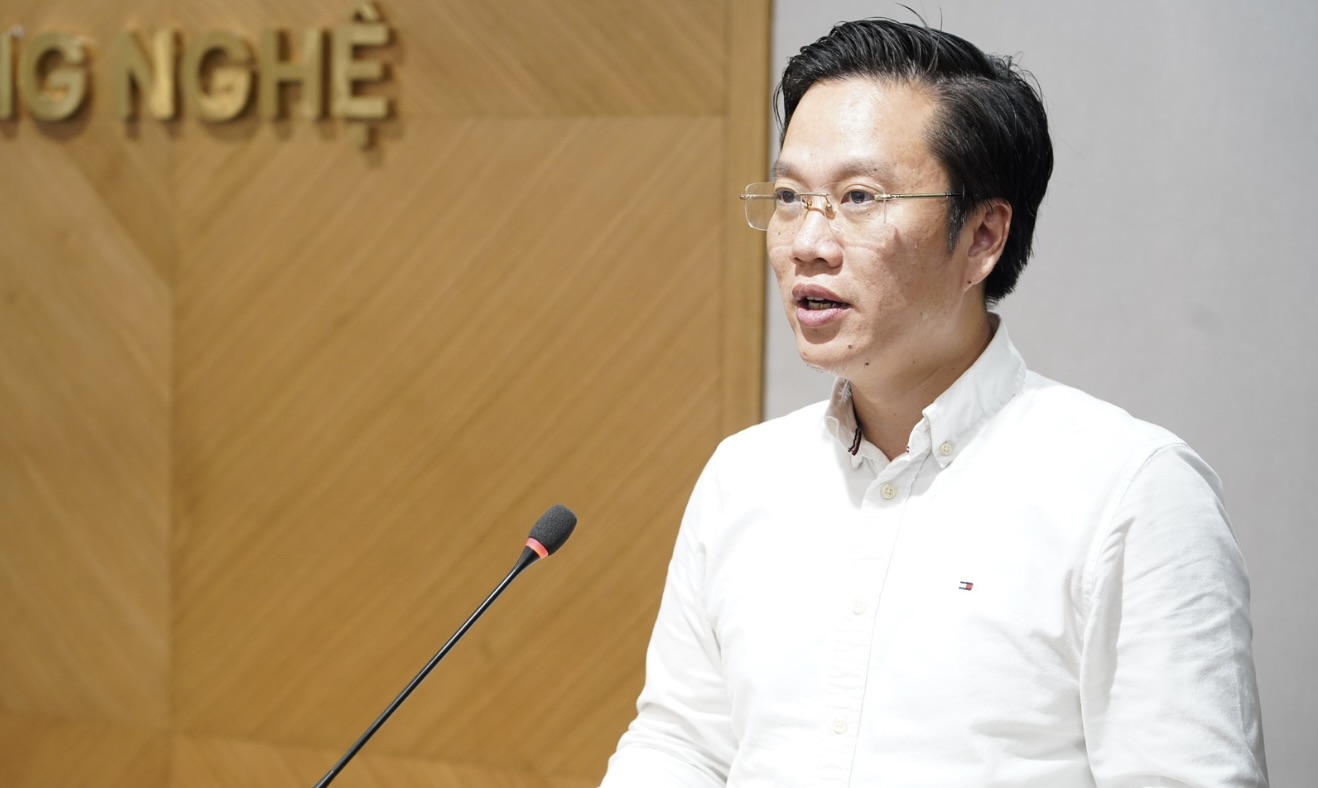
Speaking at the press conference of the Ministry of Science and Technology on June 27, Dr. Ha Minh Hiep - Chairman of the National Committee for Standards and Metrology of Quality said: "The Law amending and supplementing a number of articles of the Law on Technical Standards and Regulations is built on the basis of institutionalizing major policies of the Party and State on promoting science and technology, innovation and digital transformation.
With a strong spirit of innovation, the Law has fully implemented international commitments in the TBT/WTO Agreement and new-generation free trade agreements. At the same time, the law also inherits the achievements of the Law on Technical Standards and Regulations 2006", adjusted to suit current development practices".
According to Mr. Ha Minh Hiep, the Law amending and supplementing a number of articles of the Law on Technical Standards and Regulations has 6 new points including:
For the first time, legalize the National Standards Strategy as a long-term planning tool, orienting the construction of a modern, harmonious international standard system, promoting the development of national quality infrastructure (NQI), while establishing the legal status of the National Standards Agency to improve coordination and international integration capacity (Article 8a).

Establish a National Database on standards, measurements, and quality to serve digital management, increase post-inspection efficiency, reduce compliance costs and administrative procedures for businesses (Articles 8c, 45, 48).
Reform the process of developing technical standards and regulations in the direction of shortening time, increasing transparency, promoting the participation of businesses and associations; encourage the quick application of international standards for high technology and new technology (Articles 10a, 17, 32, 44).
Regulate the principle of "one product - one standard" nationwide to end overlapping and dispersation in management. At the same time, expand the right to develop and apply standards to enterprises and associations to promote the socialization of standardization activities (Articles 11a, 26a, 44).
Simplify the announcement of regulations, switch to online newspapers via the National Database; exempt from announcing regulations for products that have been fully quality controlled according to specialized laws to help businesses save time and costs (Articles 45, 46, 48).
Supplement a mechanism for unilateral recognition of international compliance assessment results, creating favorable conditions for enterprises in the high-tech sector when the domestic testing capacity is not enough such as 5G, IoT, semiconductor chips... (Article 57).











